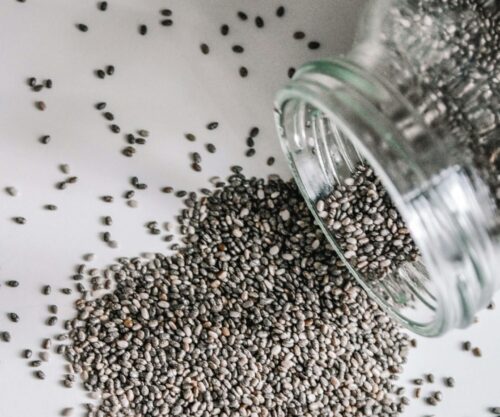
Gastroesophageal reflux disease (GORD), also known as gastric reflux, is one of the most common conditions seen by general practitioners, gastroenterologists and surgeons alike.
According to medical specialist Dr Barbara Makumbi (who also goes by Dr B), the condition results in the movement of stomach contents from the stomach into the oesophagus or the swallowing tube. “It produces symptoms such as heartburn and acid regurgitation and can result in complications resulting from the damage to the oesophagus lining that has been exposed to stomach acid,” she explains.
So, what is the cause for gastric reflux?
Dr B provides a list of the causes.
1. Being overweight, obesity, or central obesity
The doctor notes that the measurement of fat around the central abdomen is calculated clinically by measuring the ratio of the waist to hip. “It is in fact more important than body mass index (BMI) as a risk factor,” adds Dr B. The reason for reflux occurring is due to the increased pressure transmitted to the stomach, overwhelming the barrier between the oesophagus and stomach, and allowing flow of gastric contents in the wrong direction.
2. Alcohol
Patients of gastric reflux often experience worse symptoms when consuming red wine rather than white wine. “This may be because of the presence of compounds called tannins which help add texture and structure to wine. It is found in varying intensities in different wines,” notes Dr B.
3. Smoking
Dr B states, “Smoking is an important risk factor for the compilations of gastric reflux, such as ulceration of the oesophagus and oesophageal cancer.”
4. Genetics
This can also play a role in the development of gastric reflux and its complications.
5. Structural abnormalities
Dr B explains that structural abnormalities – such as a hiatus hernia – may predispose gastric reflux by changing the anatomy of the natural barrier between the oesophagus and the stomach.
Also see: How to prepare for an endoscopy




